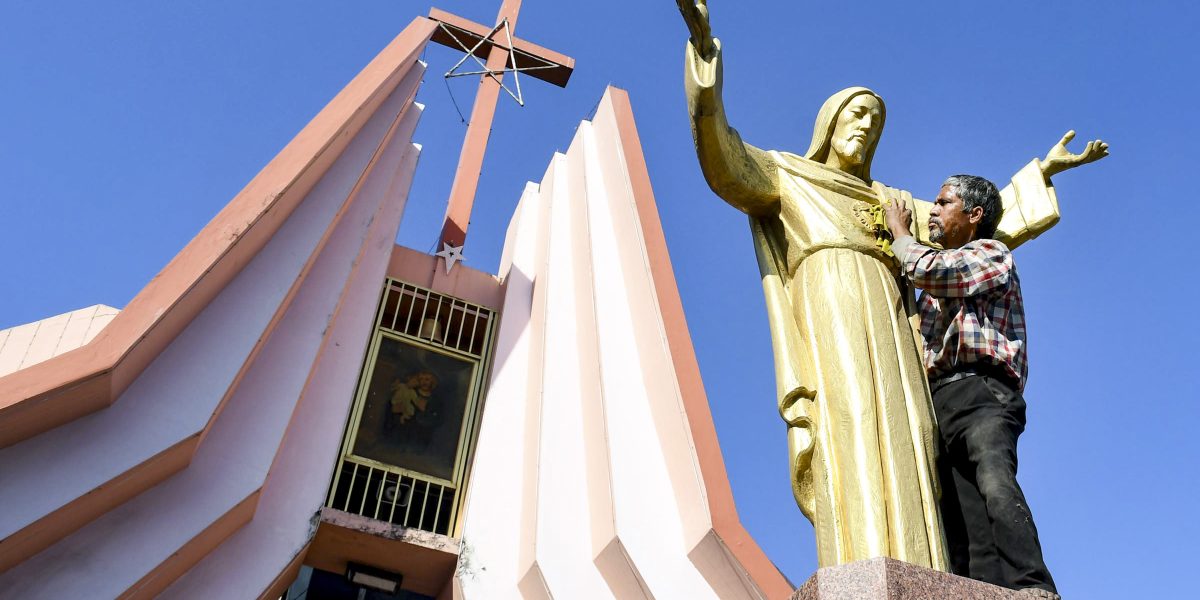SRINAGAR, Jammu and Kashmir — Nadeem, a Kashmiri art student, has been closely following the Israel-Hamas war on social media. But the 25-year-old, who declined to use his real name, has been avoiding posting his own thoughts on the conflict.
“Everyone has to remain cautious and it’s impossible to write anything,” he told Nikkei Asia.
Since the Palestinian militant group Hamas launched a deadly attack on Israel on Oct. 7, and Israeli forces responded with devastating force in the Gaza Strip, the war has proved bitterly divisive far from the battlefield. In much of the Muslim world, as well as many Western cities, huge crowds have taken to the streets to protest Palestinian civilian deaths and Israeli policies more broadly.
But Kashmir, a Muslim-majority territory known for a largely pro-Palestinian stance, remains conspicuously quiet.
Local residents and religious leaders say Indian authorities have actively sought to deter demonstrations and pro-Palestinian sermons in the Himalayan region divided between India and Pakistan, but claimed entirely by both. A spokesperson for India’s ruling Bharatiya Janata Party (BJP) denied that there is any ban on protests, while experts say Prime Minister Narendra Modi’s government is particularly cautious about movements in Kashmir that could evolve into open hostility against the state itself.
The apparent clampdown in Kashmir is a microcosm of India’s delicate, controversial, balancing act between its own longstanding support for Palestinian statehood and warming ties with Israel.
Since October, police have detained or placed under house arrest several Kashmiri political leaders, activists and clerics to prevent them from organizing pro-Palestinian demonstrations, according to local media and the individuals themselves. Well-known clerics say they have also been placed under home confinement, especially on Fridays, to stop them from leading congregational prayers at mosques.
This story was originally published in asia.nikkei.com. Read the full story here .





